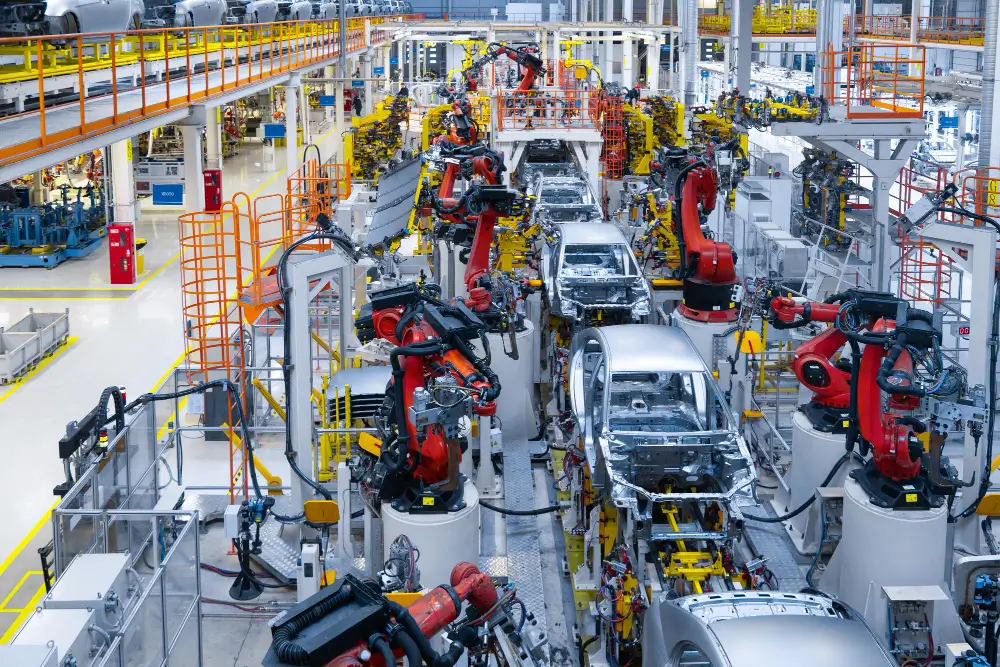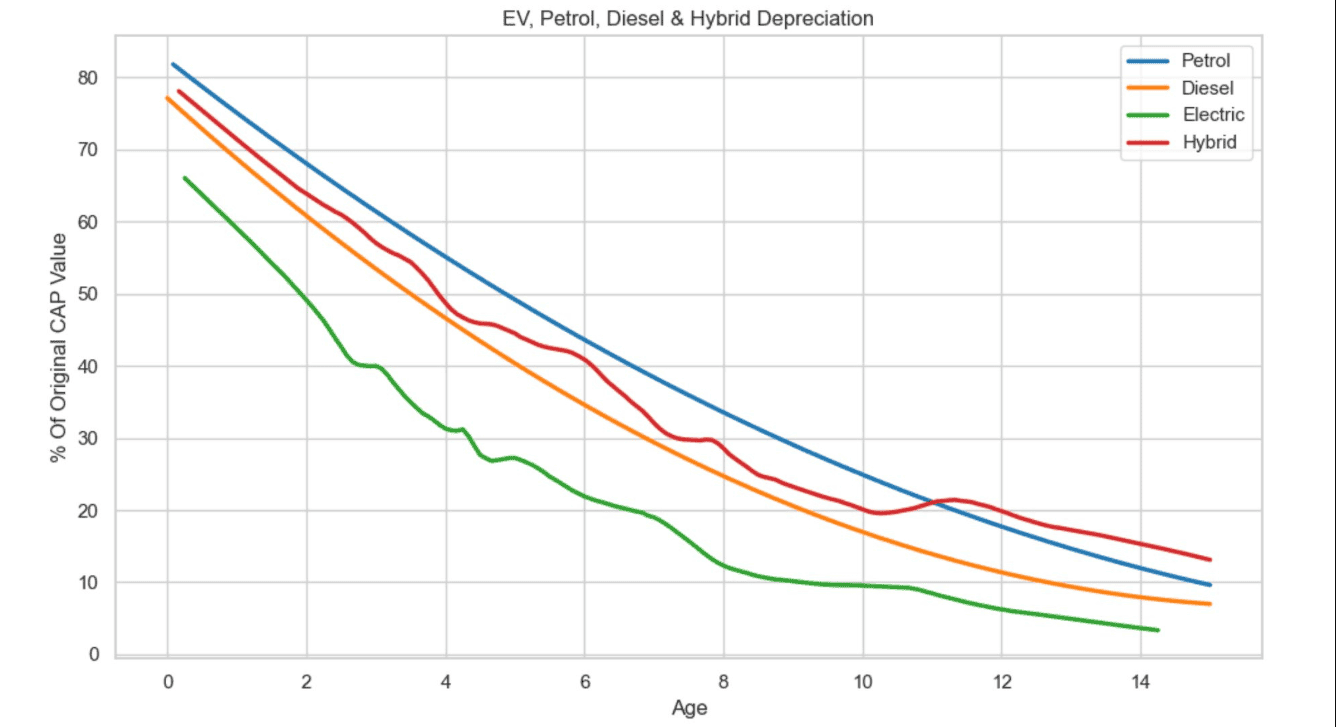
In the quiet hours of an early morning that seemed just like any other, a pivotal decision was shaping up in the corridors of power in Washington D.C. that would send ripples across the globe.
As the city slept, U.S. President Joe Biden was laying the groundwork for what would be one of the most significant economic decisions of his administration—imposing stringent tariffs on Chinese electric vehicles (EVs) and other strategic sectors.
This move, aimed at recalibrating the complex trade dynamics between the United States and China, wasn’t just another policy adjustment. It was a statement, a clear delineation of the battleground for economic supremacy and technological leadership in the coming decades.
Biden Sets New Tariffs on Chinese EVs and Key Sectors (PDF)
A Tactical Economic Maneuver
The White House is gearing up to reveal a targeted tariff strategy next week, distinctively narrowing its focus compared to the previous administration’s broader tariff applications. This nuanced approach zeroes in on sectors pivotal to China’s technological ambitions, including electric vehicles, batteries, and solar panels.
Notably, the tariff on Chinese electric vehicles is set to dramatically increase from 25% to a substantial 100%, as per the latest reports from the Wall Street Journal. This strategic recalibration is designed to curb China’s accelerated growth in these key areas, providing an opportunity for American industries to strengthen and expand.
This targeted approach does more than just raise the cost of Chinese EVs; it strategically disrupts the growth trajectory of China’s burgeoning EV sector. Experts believe this move could be a calculated push to slow down China’s advance while giving American industries a much-needed cradle for growth. This comes on the heels of Biden’s call last month to increase tariffs on Chinese steel and aluminum, and his initiation of a probe into China’s shipbuilding industry, signaling a robust stance against what he perceives as “unfair economic practices and industrial overcapacity.”
The Ripple Effects
The immediate fallout was felt across global markets. The yuan dipped, and the CSI 300 Index of top Chinese companies slid downwards, albeit recovering slightly after initial losses. Investment analysts, like Xin-Yao Ng from abrdn, pointed out that the new tariffs would make investors think twice about betting on stocks vulnerable to these changes. Despite the existing limited exposure of major Chinese green-tech brands in the U.S. market, the psychological impact cannot be understated.
From the perspective of international trade politics, Biden’s tariffs are not merely economic tools but chess moves in a grander geopolitical game. They serve as a counter to China’s aggressive strategy of scaling up manufacturing to mitigate economic slowdowns domestically—a strategy that has not sat well with global powers like the U.S. and the European Union.
A Strategic Standoff
While Biden asserts that these moves are not about igniting conflicts but fostering “fair competition,” the undercurrents suggest bracing for impacts that could be broader than just economic. The Chinese government, predictably, has not taken kindly to these developments. The Foreign Ministry criticized the U.S. for continuing to “politicize economic and trade issues” and hinted at retaliatory measures, which historically have targeted politically sensitive U.S. industries like agriculture.
In a political landscape where Biden and his predecessor, Donald Trump, are gearing up for what might be a heated election rematch, these tariffs also play into domestic narratives. Each is vying to appear tougher on China than the other, albeit with markedly different strategies.
Looking Ahead
As we edge closer to the formal announcement and subsequent implementation of these tariffs, the global economic community remains on tenterhooks, watching keenly for China’s next move. Will these tariffs alter the landscape of global trade in the way Biden hopes, or will they spark a new flare-up in the U.S.-China trade war saga?
The stakes are incredibly high, and the outcomes uncertain, but one thing is clear: the arena of global trade is no longer just about goods and services—it’s about strategic dominance and economic sovereignty.
As we ponder the future of international economic policies, one question remains: Are we witnessing the beginning of a new era in global trade strategy?




